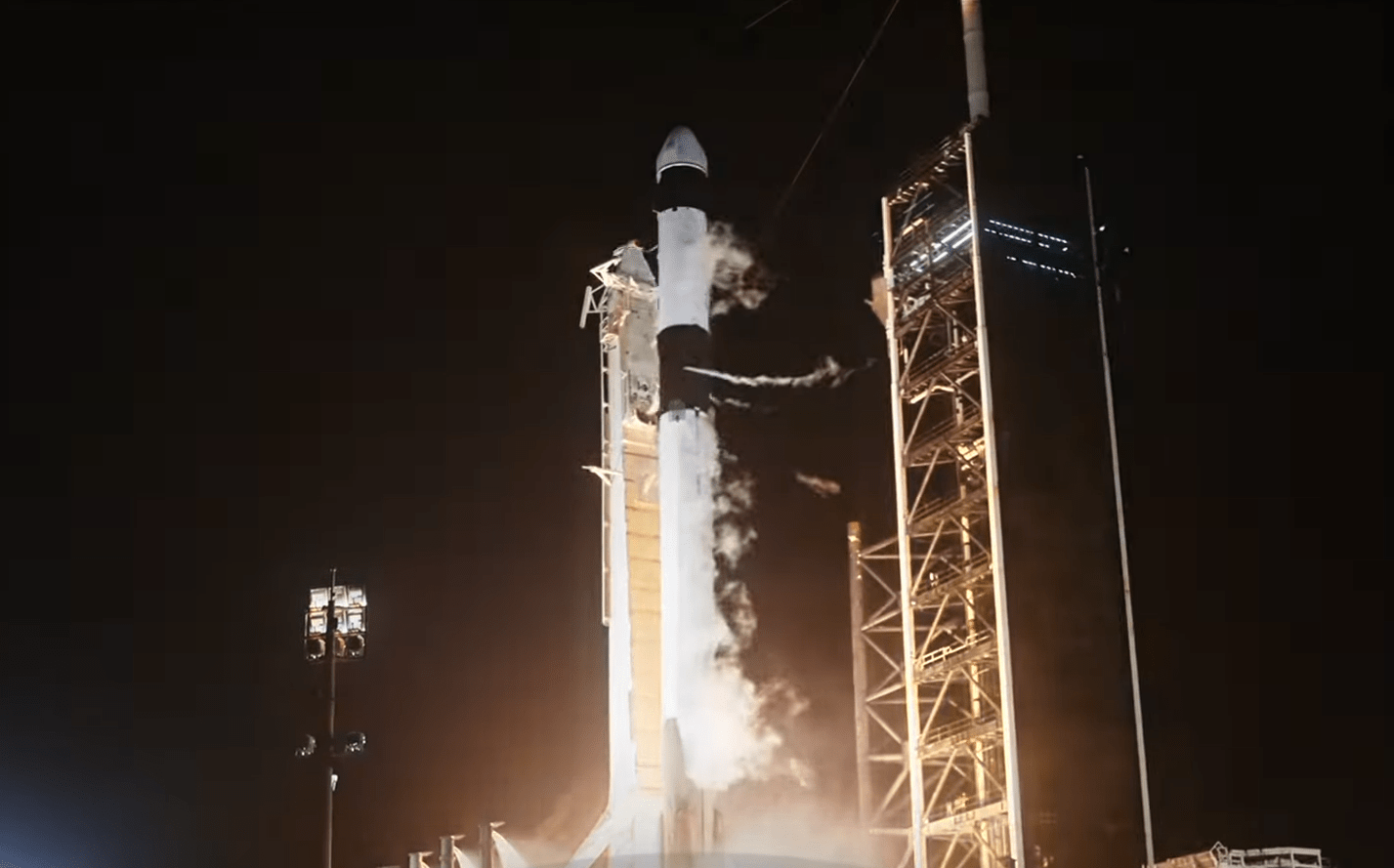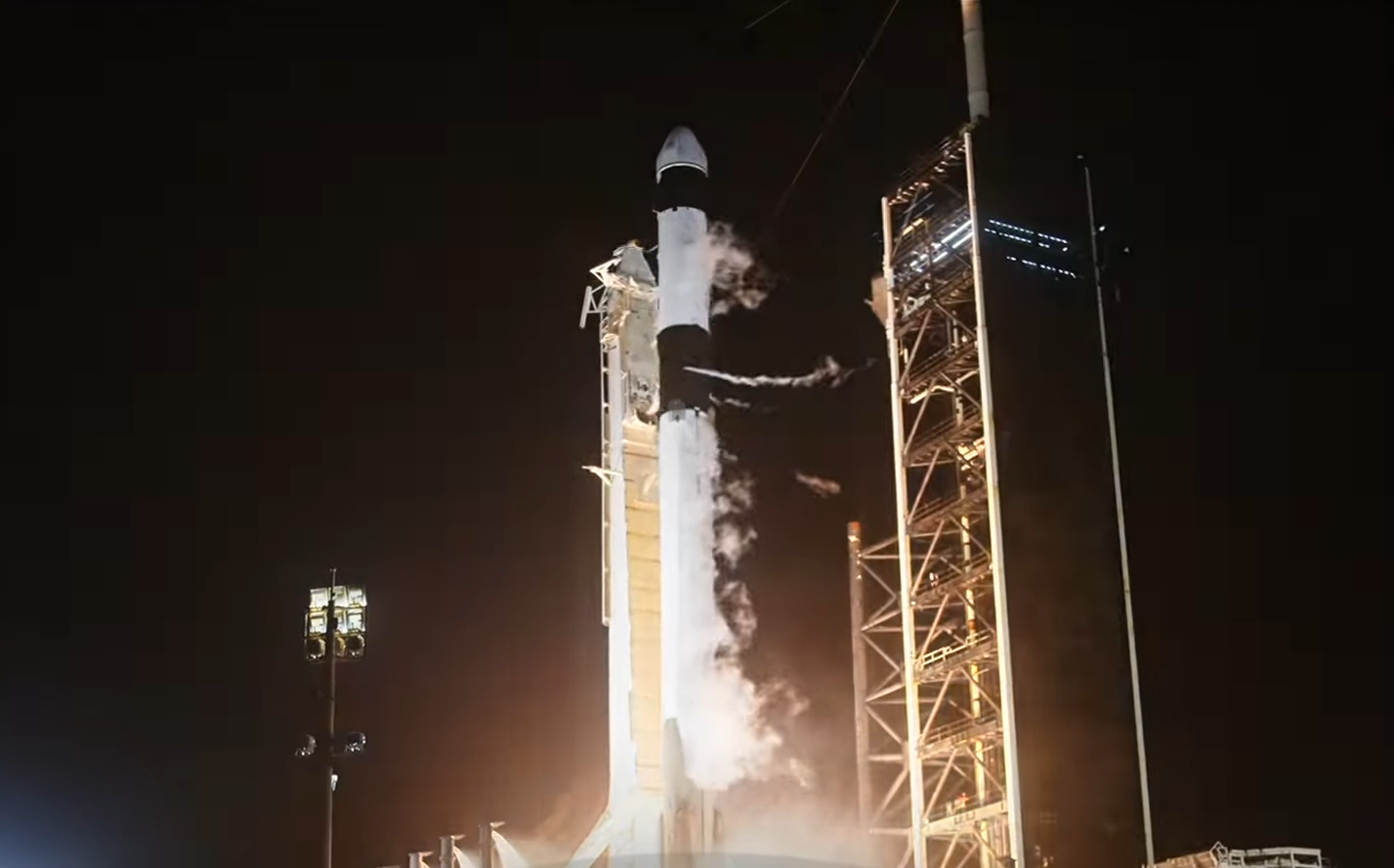Following the successful launch of NASA’s SpaceX 32nd Commercial Resupply Services mission, new scientific experiments and supplies are bound for the International Space Station.
The SpaceX Dragon spacecraft, carrying approximately 6,700 pounds of cargo to the orbiting laboratory for NASA, lifted off at 4:15 a.m. EDT Monday, on the company’s Falcon 9 rocket from Launch Complex 39A at NASA’s Kennedy Space Center in Florida.
Live coverage of the spacecraft’s arrival will begin at 6:45 a.m., Tuesday, April 22, on NASA+. Learn how to watch NASA content through a variety of platforms.
The spacecraft is scheduled to autonomously dock at approximately 8:20 a.m. to the zenith, or space-facing, port of the space station’s Harmony module.
The resupply mission will support dozens of research experiments during Expedition 73. Along with food and essential equipment for the crew, Dragon is delivering a variety of science experiments, including a demonstration of refined maneuvers for free-floating robots. Dragon also carries an enhanced air quality monitoring system that could help protect crew members on exploration missions to the Moon and Mars, and two atomic clocks to examine fundamental physics concepts, such as relativity, and test global synchronization of precision timepieces.
These are just a sample of the hundreds of investigations conducted aboard the orbiting laboratory each year in the areas of biology and biotechnology, physical sciences, and Earth and space science. Such research benefits humanity and helps lay the groundwork for future human exploration through the agency’s Artemis campaign, which will send astronauts to the Moon to prepare for future missions to Mars.
The Dragon spacecraft is scheduled to remain at the orbiting laboratory until May, when it will depart and return to Earth with time-sensitive research and cargo, splashing down off the coast of California.
Learn more about the commercial resupply mission at:
https://www.nasa.gov/mission/nasas-spacex-crs-32/
-end-
Julian Coltre / Josh Finch
Headquarters, Washington
202-358-1100
julian.n.coltre@nasa.gov / joshua.a.finch@nasa.gov
Stephanie Plucinsky / Steven Siceloff
Kennedy Space Center, Florida
321-876-2468
stephanie.n.plucinsky@nasa.gov / steven.p.siceloff@nasa.gov
Sandra Jones
Johnson Space Center, Houston
281-483-5111
sandra.p.jones@nasa.gov




